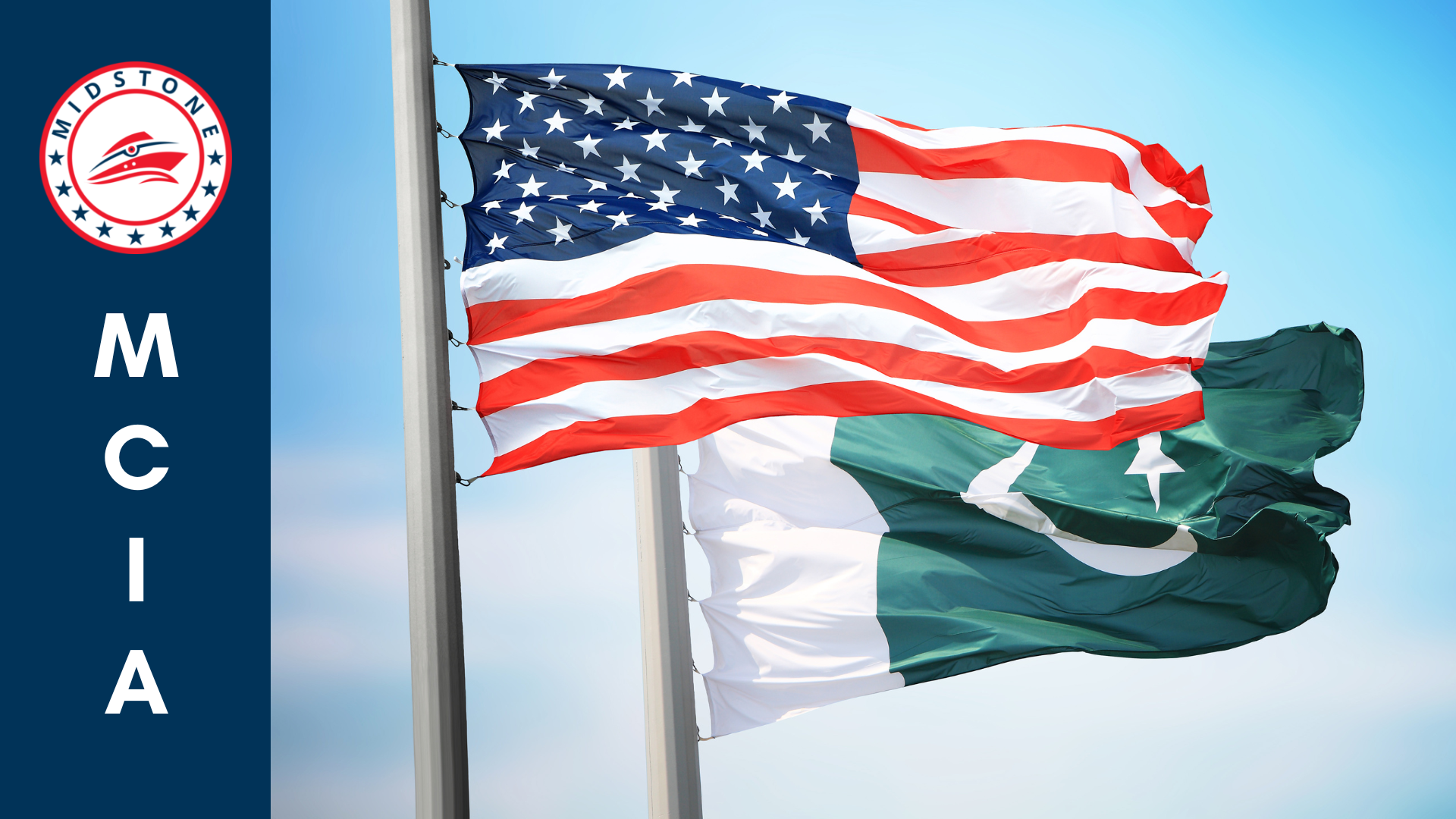
The U.S.-Pakistan Counterterrorism Dialogue, co-chaired by Ambassador Elizabeth Richard from the U.S. Department of State and Ambassador Syed Haider Shah from Pakistan, highlights the ongoing and prospective cooperation between the two nations in addressing regional and global security challenges, specifically the threats posed by Tehreek-e-Taliban Pakistan (TTP) and IS-Khorasan (or ISKP).
Discussions during the dialogue focused on the regional counterterrorism landscape, identifying areas of mutual interest. Both nations stressed the importance of expanded counterterrorism collaboration and capacity building. Key areas of focus included the exchange of technical expertise and best practices, provision of investigative and prosecutorial assistance, and enhancement of border security infrastructure and training. Notably, since the last U.S.-Pakistan Counterterrorism Dialogue in March 2023, the United States has trained over 300 police officers and frontline responders.
Both countries acknowledged that a partnership aimed at countering ISIS-Khorasan, TTP, and other terrorist organizations would enhance regional security and serve as a model for bilateral and regional cooperation in addressing transnational terrorism threats. The dialogue also underscored the importance of multilateral engagement through platforms such as the UN and the Global Counterterrorism Forum.
The United States and Pakistan resolved to increase communication on counterterrorism topics and to continue their collaboration in detecting and deterring violent extremism through comprehensive governmental approaches. The Counterterrorism Dialogue reaffirms the shared determination of the United States and Pakistan to contribute to regional and global security and stability.
Cooperation between Pakistan and the United States in Afghanistan and the broader region is critical for securing against transnational threats that impact regional, global, and Western security interests. This collaboration is vital for advancing U.S. foreign policy objectives and restoring U.S. influence.
Afghan-linked threats include groups mentioned in the Department of State statement, such as TTP and ISKP, and extend to the broader militancy scene in Afghanistan. Since the Taliban’s takeover, Afghanistan has become a hotbed of Islamist extremism, with the Taliban’s jurisdiction serving as a gateway to other extremist ideologies. Following the takeover, Pakistan has faced a significant increase in attacks by the Taliban-associated group TTP. Additionally, the Afghan Taliban have directly clashed with Pakistani forces several times, prompting Pakistan to conduct military operations, including air strikes, inside Afghanistan.
Cooperation between the U.S. and Pakistan could prove critical in dismantling terrorist networks that jeopardise global peace. Failure to support Pakistan as it faces these threats in Afghanistan may diminish the credibility of the U.S. as a security partner. The U.S. must be particularly cognisant of its image as a reliable security partner, especially given the current geopolitical climate, marked by several key conflicts and potential conflicts. Strengthening U.S.-Pakistan collaboration is not just beneficial but necessary for a robust global security framework, as a recent piece in the Jerusalem Post also pointed out.
Middle Eastern countries and partners may view the U.S. lack of retaliation to Iranian aggression against its forces in Iraq, as well as insufficient support for Israeli operations against Iranian regime targets and backed groups, as concerning. These perceptions are particularly troubling given some of the signallings from the Biden administration regarding Gaza and Iran hasn’t been positively received by ally Israel. Such concerns could potentially extend to doubts about U.S. commitment to other geopolitical endeavours and allies, such as Ukraine and Taiwan. Moreover, the U.S. must acknowledge the the prospective energy pipeline between Iran and Pakistan, despite their uncertain future, underscores the dwindling effectiveness of U.S. sanctions and rhetorical strategies.
However, the U.S. can reaffirm its dedication to global security by cooperating with Pakistan in countering TTP and ISKP. This collaboration not only mitigates terrorist threats but also pressures the Taliban—a self-proclaimed security partner—to adopt more cooperative anti-terrorism policies. Strengthening this partnership is essential for demonstrating the U.S. commitment to its allies, maintaining a robust global security framework, and restoring American international prestige.
